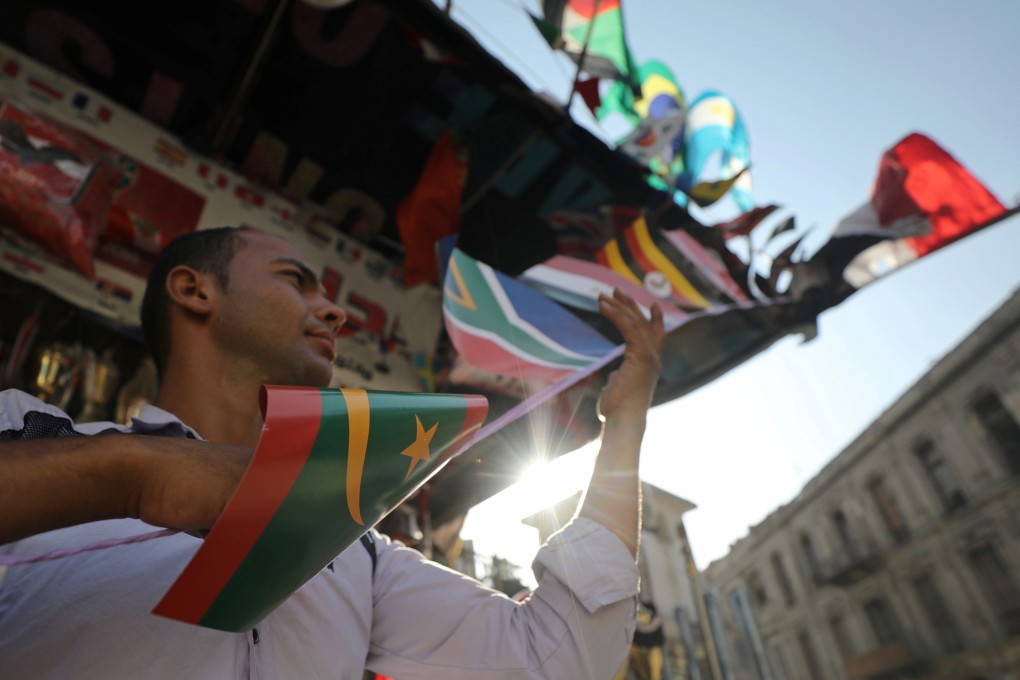Advertisement
Opinion | Africa Cup of Nations: will China get its own Huawei as it looks to exploit yet another means to a strategic end?
- With Huawei set to introduce its 5G network to the continent, China’s grip on Africa is likely to stay tight
- Cameroon edition of the biennial football tournament is pushed back two years
Reading Time:3 minutes
Why you can trust SCMP

It’s baffling that a private company can antagonise several governments across the world whilst splitting international opinion about its motives and intentions. Yet Huawei – the Chinese telecommunications corporation – has done just that, leading Donald Trump and his administration to restrict its North American activities and to castigate and threaten countries that continue to engage with it.
Whether it’s a genuine security threat to the US and its allies or simply an unstoppable commercial behemoth, Huawei will nevertheless soon be making an appearance at the forthcoming Africa Cup of Nations.
The continent’s biggest national football competition will see the Chinese company begin the roll out of its 5G network for the tournament in Egypt. The launch will take place at Cairo International Stadium, which is set to host key matches during June and July.
Advertisement
Thus, as the likes of Australia and the US wrestle with the perceived threats posed by Huawei – especially those linked to national security – football fans in Africa will be able to avail themselves of the very latest services that next generation mobile technology can provide.

Advertisement
One wonders whether government officials in Washington will consequently feel compelled to adopt a sudden and unprecedented interest in African football.
Advertisement
Select Voice
Choose your listening speed
Get through articles 2x faster
1.25x
250 WPM
Slow
Average
Fast
1.25x
